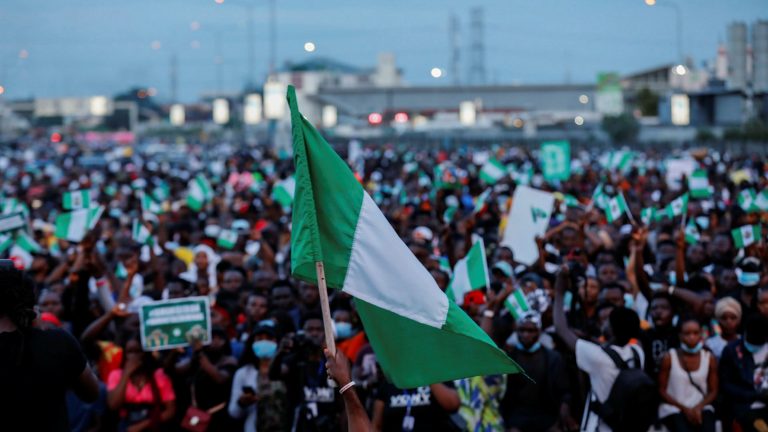
Multinational professional services brand of firms, PricewaterhouseCoopers International Limited (PWC), in its recent report, has forecasted Nigeria’s poverty rate to reach 38.8% in 2024.
The report signals a challenging 2024, with rising poverty levels as the cost of living continues to surge. PwC GDP projection is lower than the 3.4 percent that the Nigeria Economic Summit Group (NESG) projected.
The report states that achieving sustainable growth in 2024 requires balancing ambitious fiscal reforms with effective budget implementation while highlighting the importance of aligning fiscal and monetary policy to stabilize prices and reach target goals.
Tekedia Mini-MBA edition 14 (June 3 – Sept 2, 2024) begins registrations; get massive discounts with early registration here.
Tekedia AI in Business Masterclass opens registrations here.
Join Tekedia Capital Syndicate and invest in Africa’s finest startups here.
In the report, PWC highlighted seven (7) trends that will shape the Nigerian Economy in 2024 which include;
- Improved sectoral development riding on reforms
- Consumers may likely adjust better to evolving policy and Macro realities
- Persisting vulnerabilities and external pressures with the potential for shocks
- Executing fiscal reforms balancing ambition with budgetary implementation
- Evolving monetary policy stance: Finding the right framework and instruments to achieve price stability
- Investors will be cautiously optimistic
- Undulating pathways to unlocking productivity in the economy
The report also highlights that debt sustainability will be a key pressure point in 2024. It is understood that Nigeria’s deficit has grown by 370% from 2015 to 2023, which has led to a high debt and debt servicing profile. Though debt stock to GDP is comparatively low at 37.1%, the debt servicing to revenue ratio remains high at 124% as of H1 2023.
In 2024, the government aims to reduce the budget deficit to around 3.9% (N9.18 trillion) of GDP, down from 6.1% in 2023, through reduced spending.
With the exchange rate volatility, servicing external debt in foreign currency becomes challenging due to exchange rate volatility and the devaluation of the naira.
Inflation increased to 28.92% in December 2023 from 28.2% in November 2023, driven by food and transportation inflation. Headline inflation may decelerate marginally to 21% in 2024. The sustained inflationary pressure may be driven by a combination of the pass-through effect of the rise in international oil prices on domestic energy costs and exchange rate pressures.
Food Inflation rose by 33.9% in December compared to the previous year, due to insecurity and climate change effects in the food-producing regions of the country.
In November 2023, the average price of 1kg of rice, yam tuber, and tomato increased by 53.1%, 79.1%, and 62.4% respectively compared to November 2022. The Food and Agriculture Organisation (FAO) projects that Nigeria may experience increased prices of staple foods such as rice, maize, cereals, etc. in 2024.
Consumer spending may be pressured in 2024 due to rising prices of goods and services (increasing food and transportation costs), coupled with lower disposable income.
However, private consumption is expected to be marginally better than in 2023. Poverty levels are projected to increase to 38.8% in 2024.
Despite the low unemployment rate in the country, low consumer spending and purchasing power remain an issue, especially in the absence of a commensurate increase in minimum wage to mitigate the inflationary growth in the economy.
Recall that the World Bank had indicated that the number of poor people in Nigeria had grown from 95 million in 2021 to 100 million in 2022, indicating the surging poverty rate in the country.
In its World Bank Nigeria Development Update, NDP, entitled ‘Turning the Corner: Time to Move From Reforms to Results’, the bank stresses the need to continue with the reform momentum to complete the reforms and to address the costs of the reforms.
It stated: “Inflation remains at record high levels for Nigeria, 27.3 percent Year-on-Year, YoY, in October 2023, partly driven by the one-off price impacts of the removal of the gasoline subsidy.
“The impact of this is especially hard on poor and vulnerable citizens. The FX market has remained volatile and in a period of continuing adjustment to the new policy approach, with significant fluctuations in the exchange rate in both the official and the parallel markets”.
However, the federal government of Nigeria conditional cash transfers and projected slight decrease in inflation are predicted to offer temporary relief in 2024.



